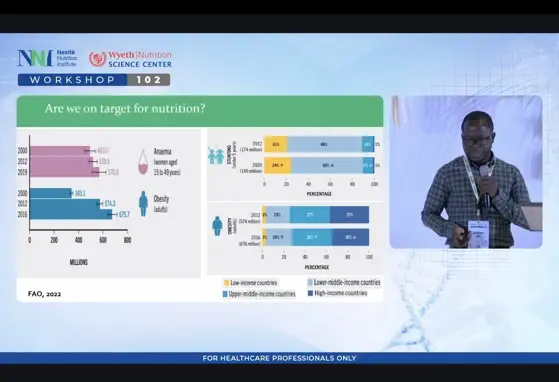Coffee Could Reduce Women’s Risk of Dementia
A new study suggests that older women who drink two to three cups of coffee daily may be at lower risk of dementia and other forms of cognitive impairment.
Researchers have long suggested that caffeine - a mild stimulant present in coffee, tea, and cola - has cognitive benefits. A study published in the journal Nature Neuroscience in 2014, for example, identified a link between coffee intake and improved long-term memory.
The new findings - recently published in The Journals of Gerontology, Series A: Biological Sciences and Medical Sciences - offer further evidence of caffeine’s brain benefits, after finding the stimulant may help to stave off cognitive decline in later life. The results come from an analysis of 6,467 women aged 65 and older who were part of the Women’s Health Initiative Memory Study (WHIMS) - a study funded by the US National Heart, Lung, and Blood Institute, medicalnewstoday.com reported. “What is unique about this study is that we had an unprecedented opportunity to examine the relationships between caffeine intake and dementia incidence in a large and well-defined, prospectively studied cohort of women,” notes lead author Ira Driscoll, Ph.D., a professor of psychiatry at the University of Wisconsin-Milwaukee.
Driscoll and team analyzed the participants’ caffeine intake, as determined through self-reported consumption of tea, coffee, and cola. During up to 10 years of follow-up, all subjects underwent annual cognitive assessments, which researchers analyzed to pinpoint a diagnosis of probable dementia or other forms of cognitive impairment.
A total of 388 women received such diagnoses. Compared with women who consumed a low amount of caffeine (defined in the study as less than 64 milligrams daily), those who consumed a higher amount (more than 261 milligrams daily) were found to be at 36% reduced risk of a diagnosis of probable dementia or cognitive impairment.
Researchers note that 261 milligrams of caffeine is the equivalent of two to three 8-ounce cups of coffee daily, or five to six 8-ounce cups of black tea. The team’s findings remained even after accounting for a number of possible confounding factors, including age, race, body mass index (BMI), smoking status, alcohol intake, depression, high blood pressure, sleep quality, and history of cardiovascular disease.
The authors say that their study is unable to establish a direct association between caffeine intake and reduced dementia risk, nor are they able to generalize the findings to men. Still, the researchers believe that their study comes closer to understanding how caffeine might benefit cognitive health, and it paves the way for future research into this association.
Ira Driscoll, Sally A. Shumaker, Beverly M. Snively, Karen L. Margolis,JoAnn E. Manson, Mara Z. Vitolins, Rebecca C. Rossom, and Mark A. Espeland Relationships Between Caffeine Intake and Risk for Probable Dementia or Global Cognitive Impairment: The Women’s Health Initiative Memory Study J Gerontol A Biol Sci Med Sci first published online September 27, 2016
Links : http://financialtribune.com/articles/people/50836/coffee-could-reduce-women%E2%80%99s-risk-dementia
If you liked this post you may also like

Complementary Feeding: Building the Foundation for Lifelong Health

Biological and Experiential Factors That Impact the Acceptance of Complementary Foods


Food, planet and health: A complex equation to solve